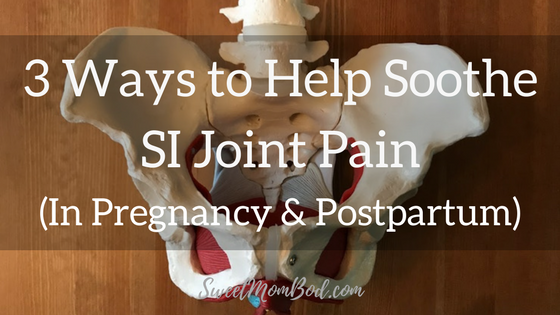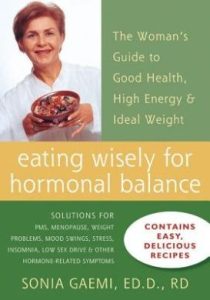Coping with postpartum joint pain: Strategies for relief

Pregnancy and childbirth are beautiful experiences that bring joy and fulfillment to a woman’s life. However, the physical toll it takes on the body cannot be overlooked. One common discomfort many mothers experience is postpartum joint pain.
Causes of Postpartum Joint Pain
Postpartum joint pain can be attributed to several factors. The release of relaxin hormone during pregnancy causes ligaments and joints to become more flexible, preparing the body for childbirth. However, this increased flexibility can result in joint instability and discomfort postpartum. Additionally, the physical stress of carrying and delivering a baby can strain the joints and create inflammation.
Strategies for Relief
1. Rest and Gentle Exercise
It is essential to strike a balance between rest and gentle exercise to manage postpartum joint pain. Resting allows your body to heal and recover, while gentle exercises like walking, swimming, and yoga can help improve joint strength and flexibility. Consult with your healthcare provider to determine the best exercise routine for your specific needs.
2. Hot and Cold Therapy
Applying hot and cold packs alternately to the affected joints can help reduce inflammation and soothe pain. Use a hot water bottle, warm towel, or a cold pack wrapped in a cloth to avoid direct contact with the skin. Engaging in warm baths or showers can also alleviate joint discomfort.
3. Physical Therapy
In more severe cases of postpartum joint pain, physical therapy may be recommended. A physical therapist can guide you through exercises and techniques specifically tailored to your needs, helping you regain strength and alleviate pain. They may also use techniques like massage and joint mobilization to provide relief.
4. Supportive Devices
Utilizing supportive devices such as maternity belts, compression sleeves, or braces can provide stability and reduce pressure on the affected joints. These devices are designed to offer additional support, especially during physical activities, and can help alleviate postpartum joint pain.
5. Healthy Diet
Consuming a healthy, balanced diet rich in anti-inflammatory foods can play a vital role in managing joint pain. Include foods like fatty fish, nuts, seeds, fruits, and vegetables in your meals. Avoid processed and sugary foods that can contribute to inflammation and exacerbate discomfort.
6. Pain Management Options
In certain cases, over-the-counter pain medications, such as acetaminophen or ibuprofen, may be recommended to manage postpartum joint pain. However, always consult with your healthcare provider before taking any medications, especially while breastfeeding.
7. Emotional Support
Don’t underestimate the importance of emotional support during your postpartum journey. Join support groups, talk to fellow mothers who have experienced similar pains, or seek professional help if needed. Addressing your emotions and receiving support can positively impact your overall well-being and aid in coping with postpartum joint pain.
Conclusion
Postpartum joint pain can be a challenging aspect of the motherhood journey, but it doesn’t have to hinder your experience. By implementing these strategies for relief, you can manage and alleviate postpartum joint pain, allowing you to focus on the joys of motherhood while taking care of your own well-being.





